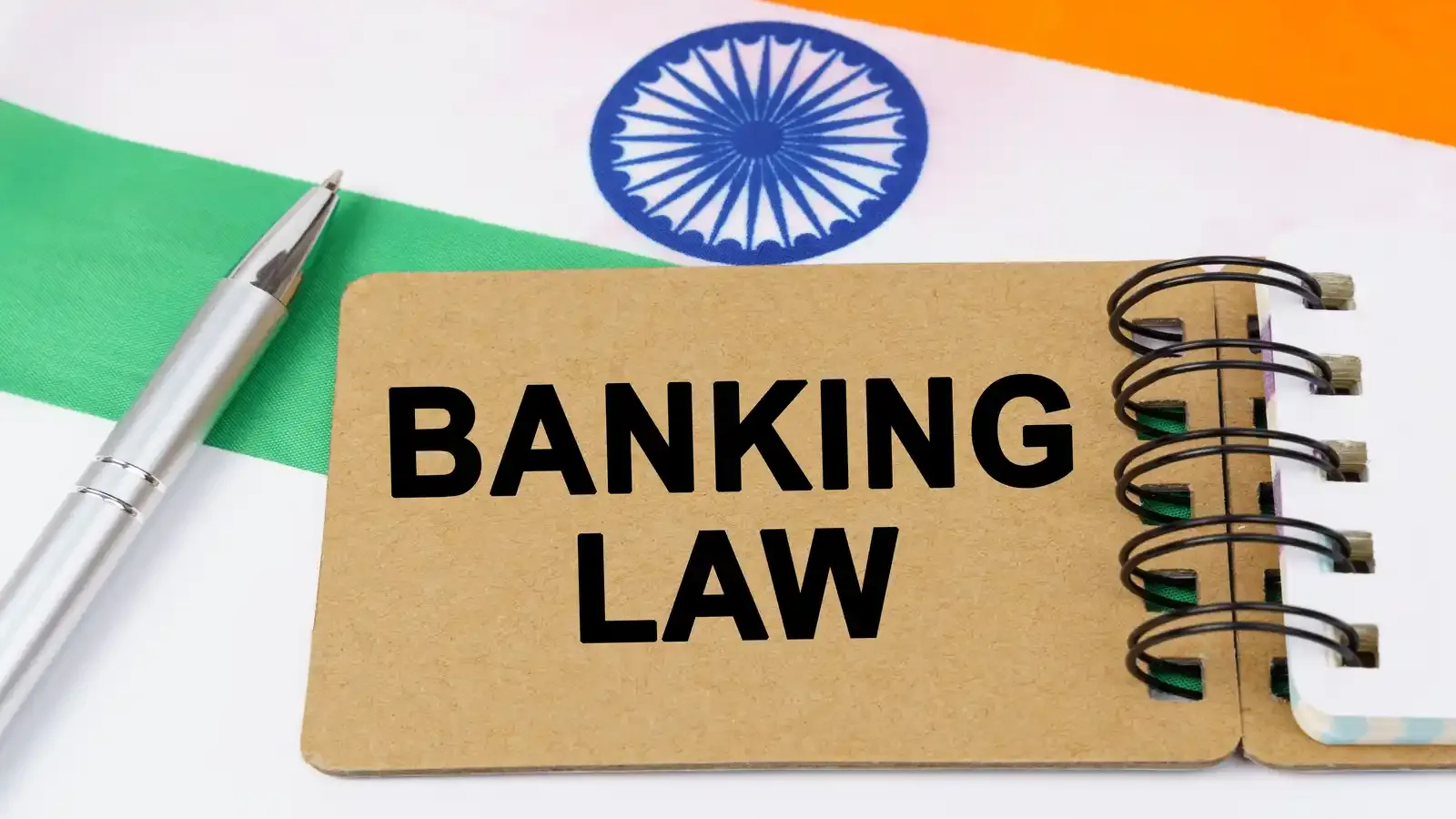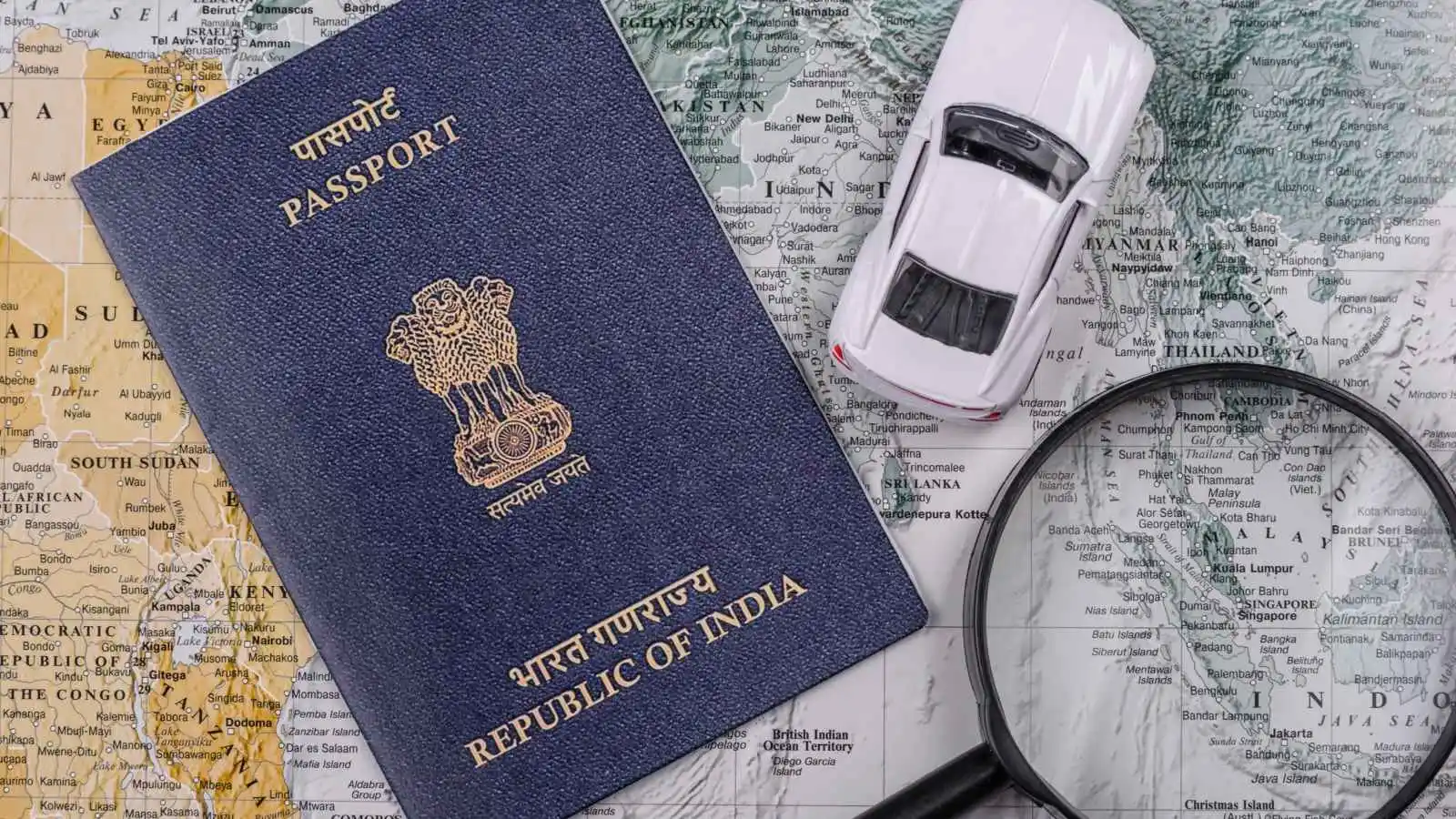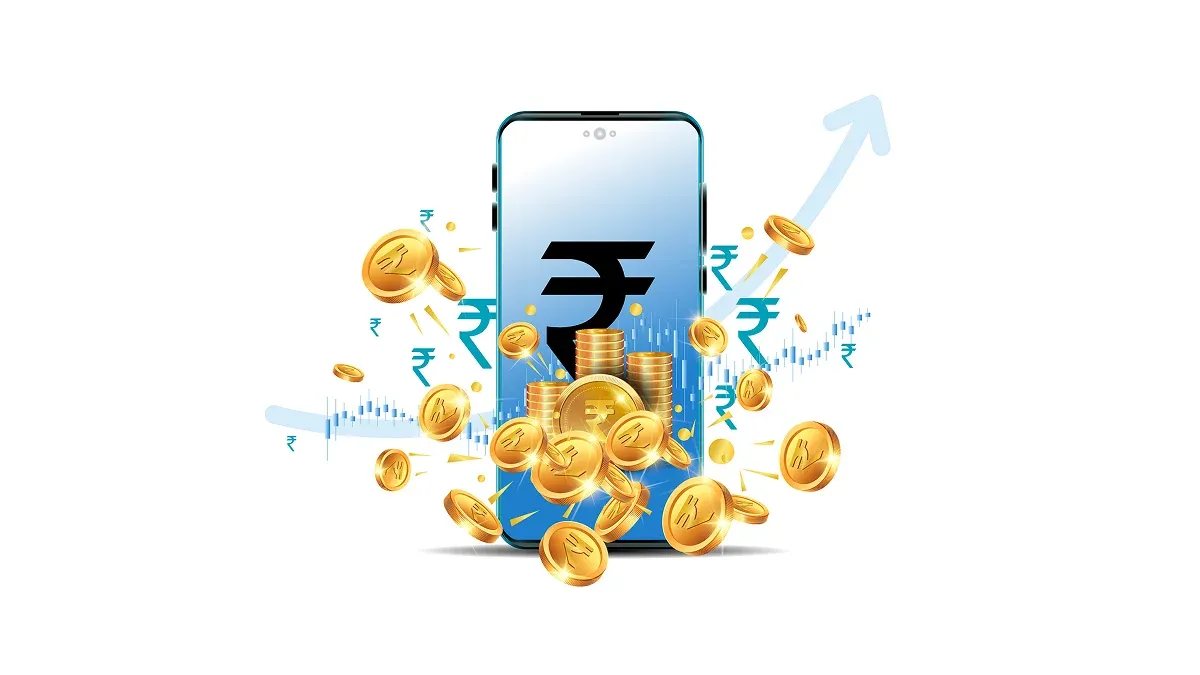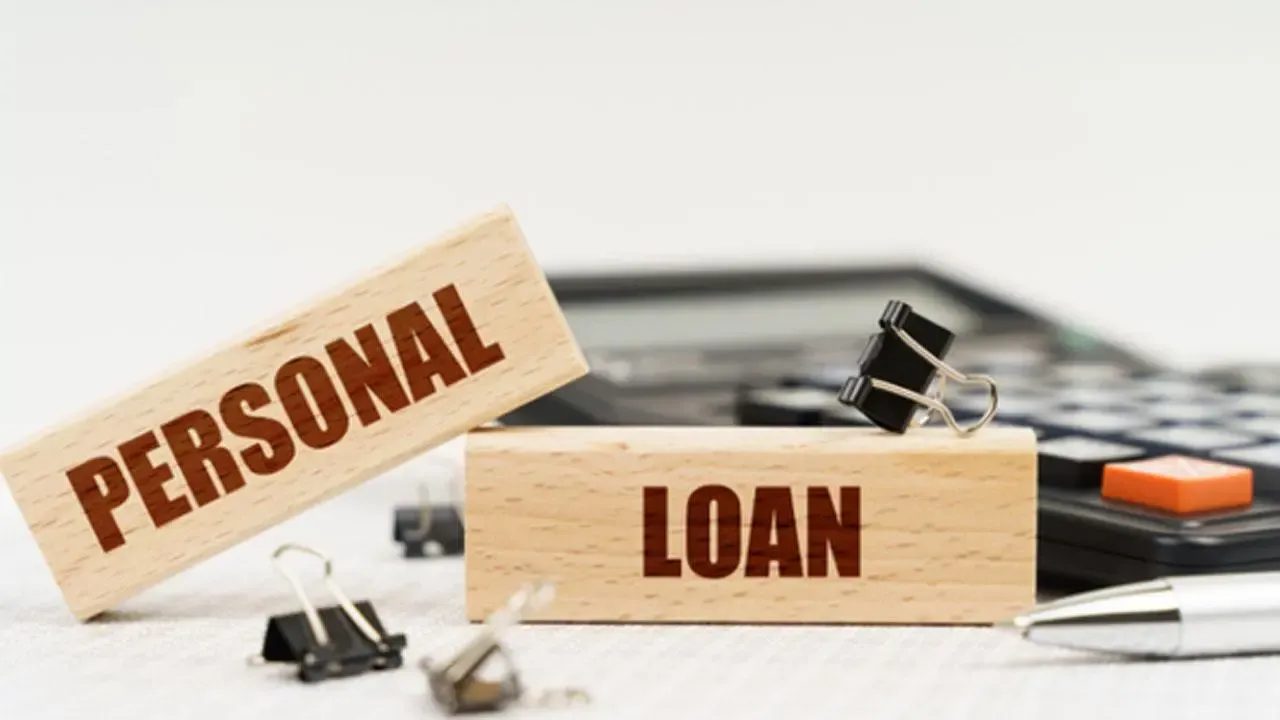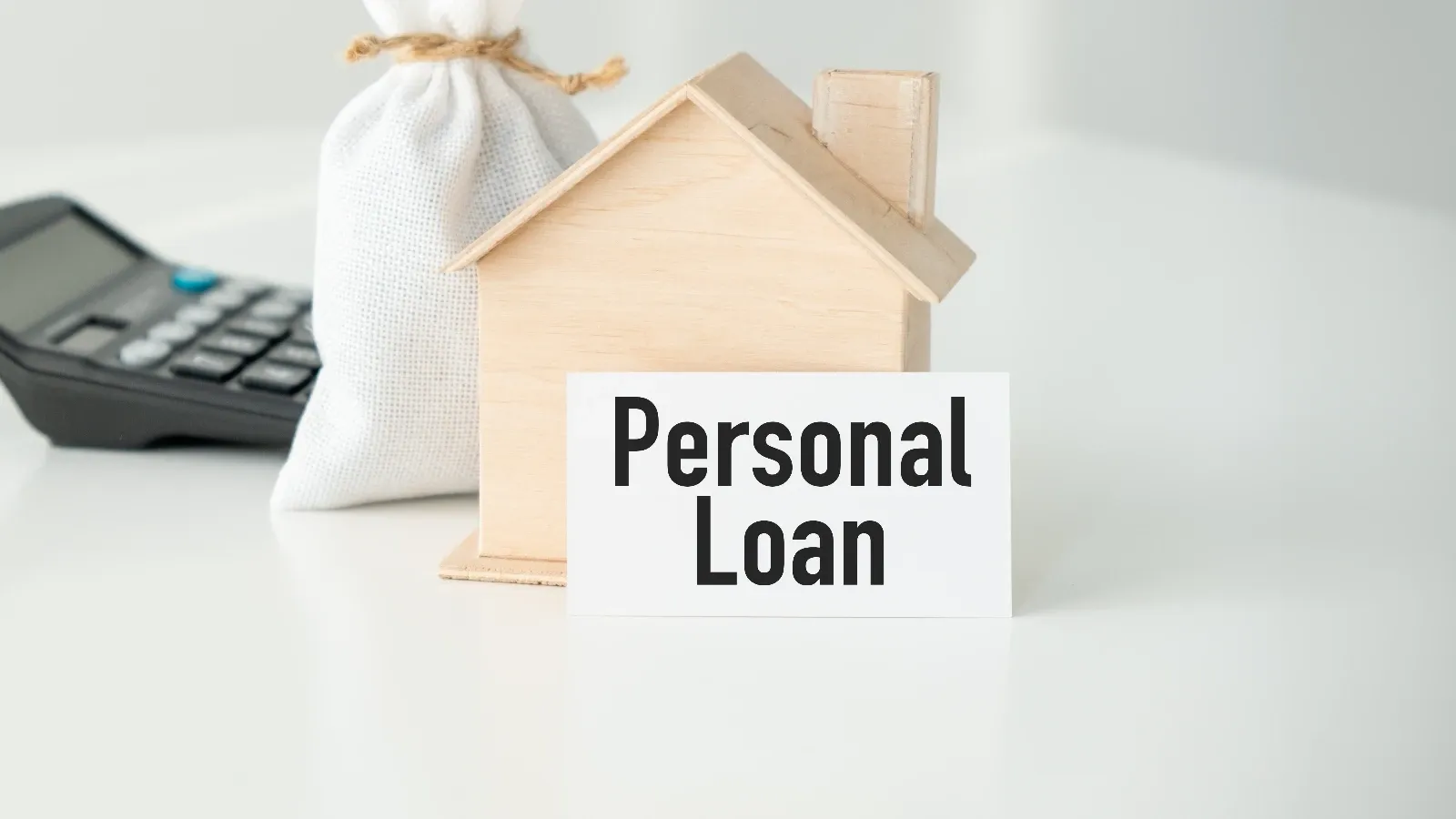Can Self-Employed Individuals Apply for a Personal Loan?
Written by Pradnya Surana
Published on November 18, 2025 | 3 min read

Can Self-Employed Individuals Apply for a Personal Loan?
If you are running your own business, freelancing or working as a consultant, you have probably faced this frustration. You walk into a bank for a personal loan and end up feeling like the entire process is designed aptly for salaried people. The endless documentation and the scrutiny and sometimes even the outright rejection, can make you feel, can ever a self-employed professional get a personal loan?
The short answer is yes, self-employed individuals can get a personal loan, but the process is not as straightforward. And there are reasons for it being so. Let’s navigate this realm.
Why Banks Are Cautious With Self-Employed Applicants
By asking a mammoth of documents and scrutinising endlessly, banks aren't being difficult just for the sake of it. Their entire motive behind this process is to be sure you have a consistent income for the timely repayment of the loan.
When salaried, your income is predictable. Every month, a fixed amount has to come into your account. But when you are self-employed, your income can fluctuate. One month you might earn ₹2 lakhs, the next month ₹50,000. This unpredictability makes banks nervous because they want assurance that you will be able to pay your EMIs (equated monthly instalments) consistently.
But over the years, banks have become much more flexible. They understand that self-employment is the new normal and thousands of successful professionals run their own ventures.
Who Counts as Self-Employed?
-
Self-employed individuals include,
-
Business owners (proprietors, partners in firms or directors of private companies)
-
Freelancers and consultants
-
Doctors, lawyers, chartered accountants and other professionals with private practices
-
Contractors and commission-based workers
-
Anyone who doesn’t receive a regular salary from an employer
If this sounds like you, then yes, you are considered self-employed in the eyes of lenders.
Eligibility Criteria
Most banks and NBFCs (Non-Banking Financial Corporations) have specific requirements for self-employed borrowers
Age
Usually between 25 and 65 years, though some lenders accept applications from younger entrepreneurs
Business vintage
Your business should usually be operational for at least 2-3 years. Some new-age lenders might accept 1 year, but established businesses have better chances
Annual income
Most lenders require a minimum annual income of ₹2-3 lakhs, though this varies by city and lender
Credit score
A CIBIL score of 750 or above significantly improves your chances. Anything below 650 might lead to rejection or higher interest rates
ITR filing
You will need to show at least 2 years of income tax returns that have been filed and acknowledged
Documents You Will Need
Be prepared with,
-
Identity and address proof (Aadhaar, PAN, passport, etc.)
-
Business proof (registration certificate, GST registration, shop establishment licence)
-
Income tax returns for the last 2-3 years
-
Bank statements for the last 6-12 months showing business transactions
-
Balance sheet and profit and loss statements
-
Business continuity proof (contracts, client agreements, purchase orders)
These documents indirectly prove that your business is stable and generates consistent income.
What Improves Your Personal Loan Approval Chances
Here are some practical strategies that actually enhance your credibility to avail a loan,
Maintain clean books
Keep your accounts organised and file your ITRs on time. Showing higher income in your returns (of course, within legal limits) pushes you much ahead.
Show consistent banking
Use one primary bank account for all business transactions. Regular deposits and payments stable cash flow
Build your credit score
Pay existing loans and credit card bills on time. Even a small personal loan that you have repaid properly can boost your credibility
Add a co-applicant
By including your spouse or a family member with stable income can strengthen your application
The Alternative Lenders
If traditional banks get too rigid, look elsewhere. Many fintech companies and NBFCs now specialise in lending to self-employed individuals. These companies have more flexible criteria and faster processing.
These lenders often use alternative data, like your GST returns, digital payment histories or even your social media presence, to assess creditworthiness. The interest rates might be slightly higher, but the approval process is usually quicker and less documentation-heavy.
Being self-employed, you will face more scrutiny than salaried individuals, but with proper documentation and a good credit history, getting a personal loan is entirely achievable.
Preparation can ease the process and make all the difference. Keep your financial records organised, maintain a healthy credit score and approach lenders who understand the self-employed segment. With the right approach, that loan approval is well within your reach.
About Author
Pradnya Surana
Sub-Editor
is an engineering and management graduate with 12 years of experience in India’s leading banks. With a natural flair for writing and a passion for all things finance, she reinvented herself as a financial writer. Her work reflects her ability to view the industry from both sides of the table, the financial service provider and the consumer. Experience in fast paced consumer facing roles adds depth, clarity and relevance to her writing.
Read more from PradnyaUpstox is a leading Indian financial services company that offers online trading and investment services in stocks, commodities, currencies, mutual funds, and more. Founded in 2009 and headquartered in Mumbai, Upstox is backed by prominent investors including Ratan Tata, Tiger Global, and Kalaari Capital. It operates under RKSV Securities and is registered with SEBI, NSE, BSE, and other regulatory bodies, ensuring secure and compliant trading experiences.


















